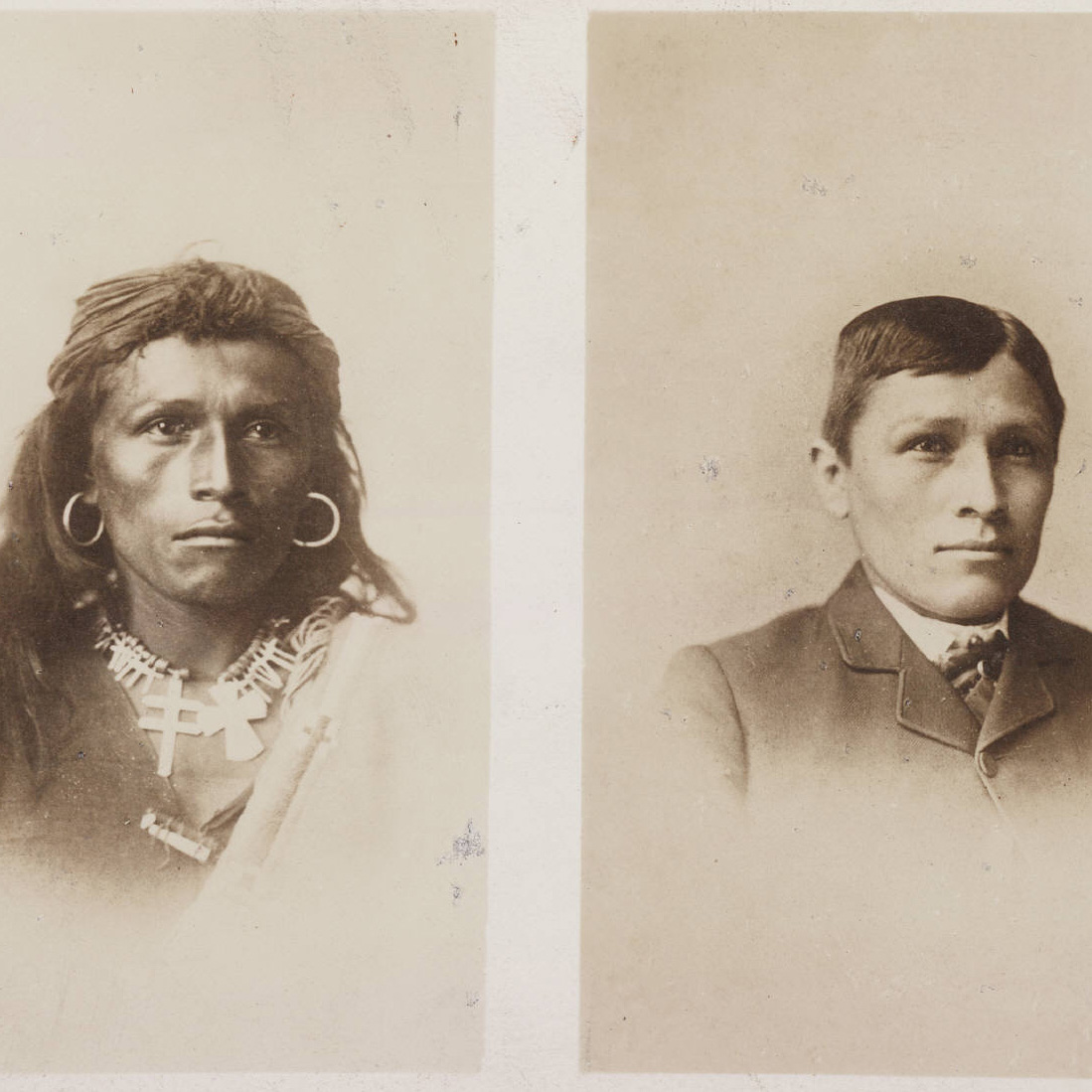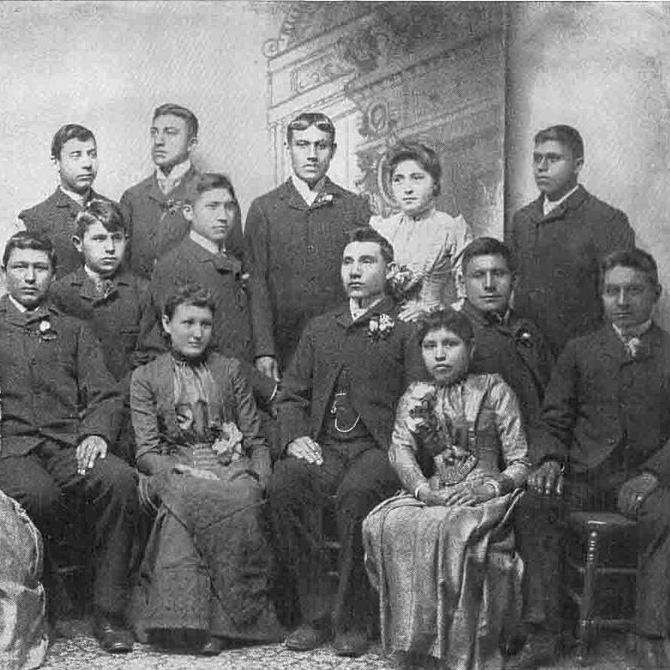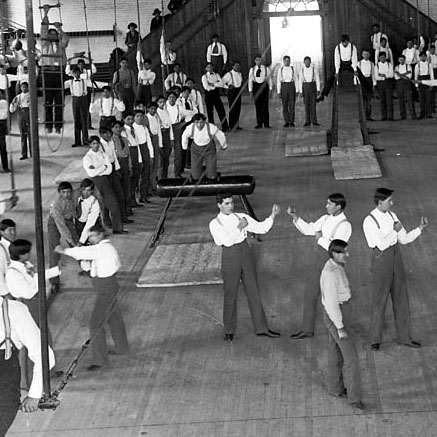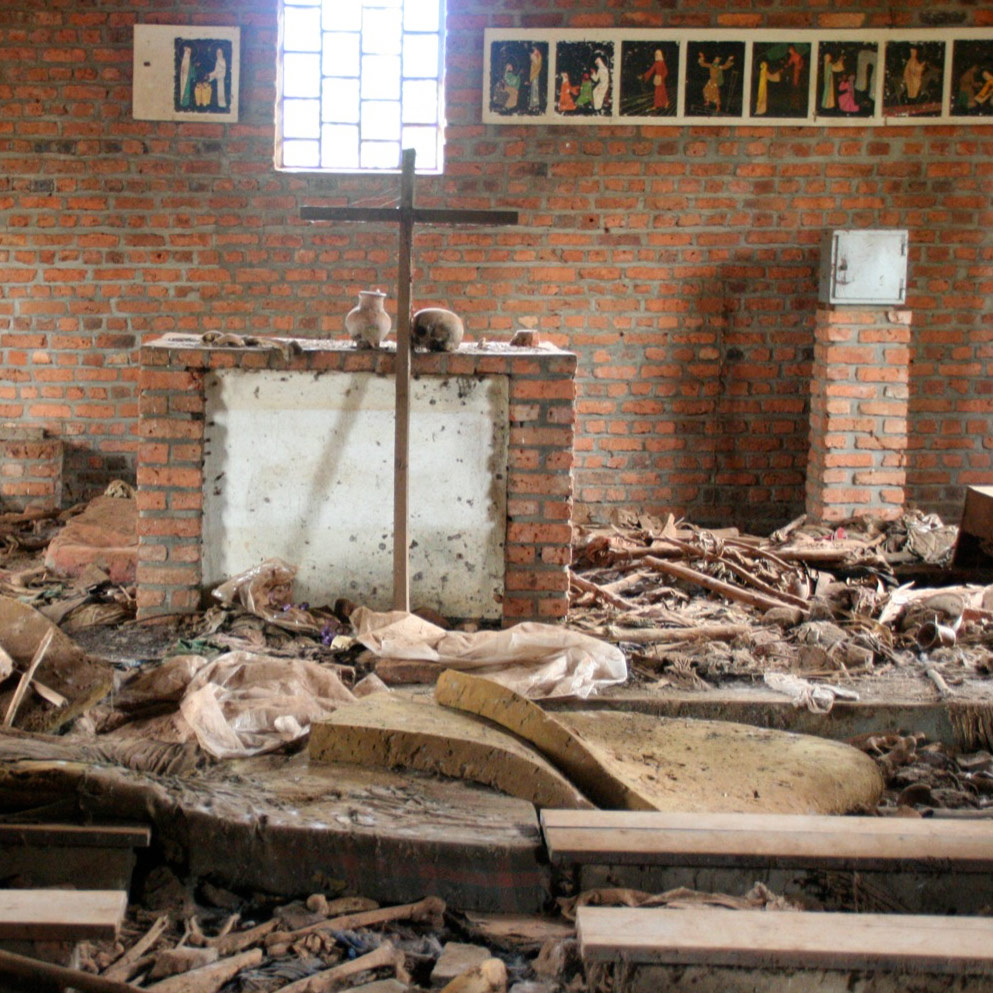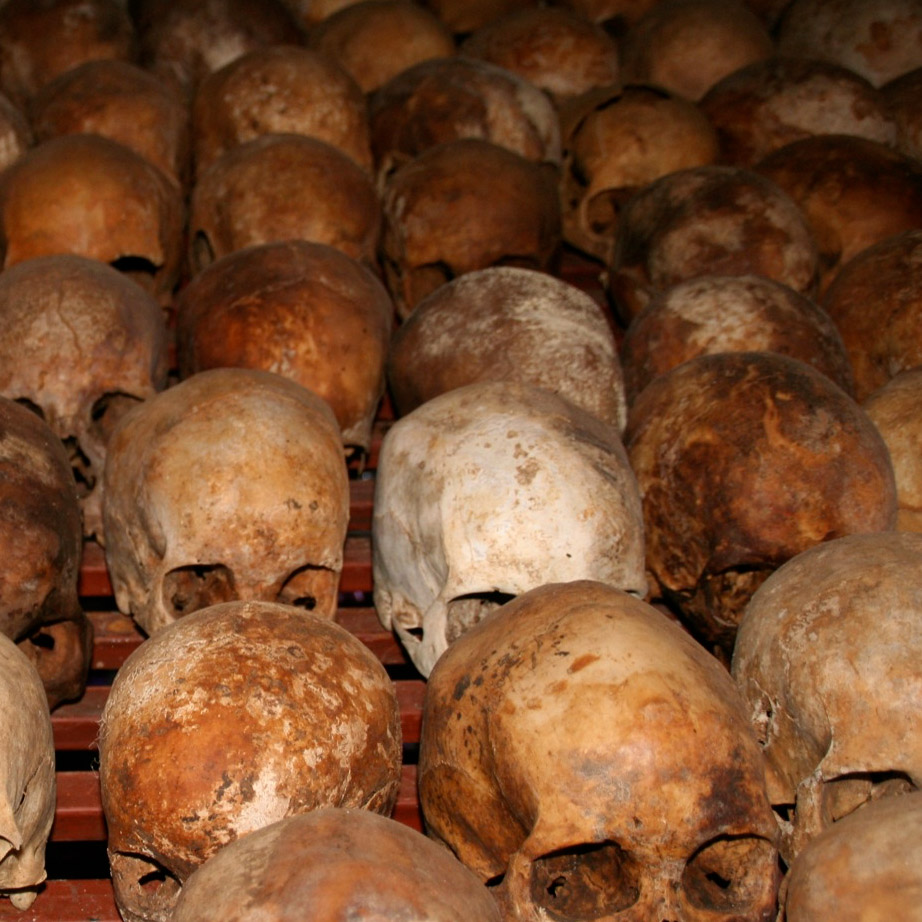5.8: Virtual Field Trip: Ethnocide and Genocide
- Page ID
- 82426
Where do you want to go?
Virtual Field Trip: Ethnocide and Genocide
In this Virtual Field Trip assignment, we look at the cultural dynamics of genocide and ethnocide:
- Genocide is “the destruction of a group or society by harming, killing, or preventing the birth of its members” (Eller 2016:345).
- Ethnocide is “the destruction of a group’s culture, without necessarily killing any of the members of the culture” (Eller 2016:343).
These are difficult topics. Consider the words from the documentary, “Never Again? Genocide Since the Holocaust” (2001): “Most people will see genocide … as a crime of vast scale … this term … loses the sense of the individual human tragedy that takes place countless times … as something that would never happen here…”
It is important to look beyond the statistics, to understand the root causes of genocide and ethnocide; hear from individuals who were affected; learn how people are coping with the aftermath of tragedy and rebuilding their lives; and how communities and governments are seeking reconciliation. Lastly, we should contemplate our role in helping to prevent such tragedies.
As you begin this assignment, consider the words of Rwandan genocide survivor, Frida Umuhoza:
Every time genocide happens in the world we say ‘never again.’ But it’s not a matter of just saying it; it’s a matter of doing it. And I believe that the international community has the power, has what it takes to stop genocide when it starts to boil up. When the world is watching, that’s the time to take action. Instead of waiting until a million people are gone, and saying ‘never again’” (UN News 2016).
- Virtual Field Trip: Ethnocide and Genocide. Provided by: Pima Community College. Located at: http://cc.pima.edu/~lumen/ant112/Modules/M3%20FieldTrip_Boarding.htm. License: CC BY: Attribution


